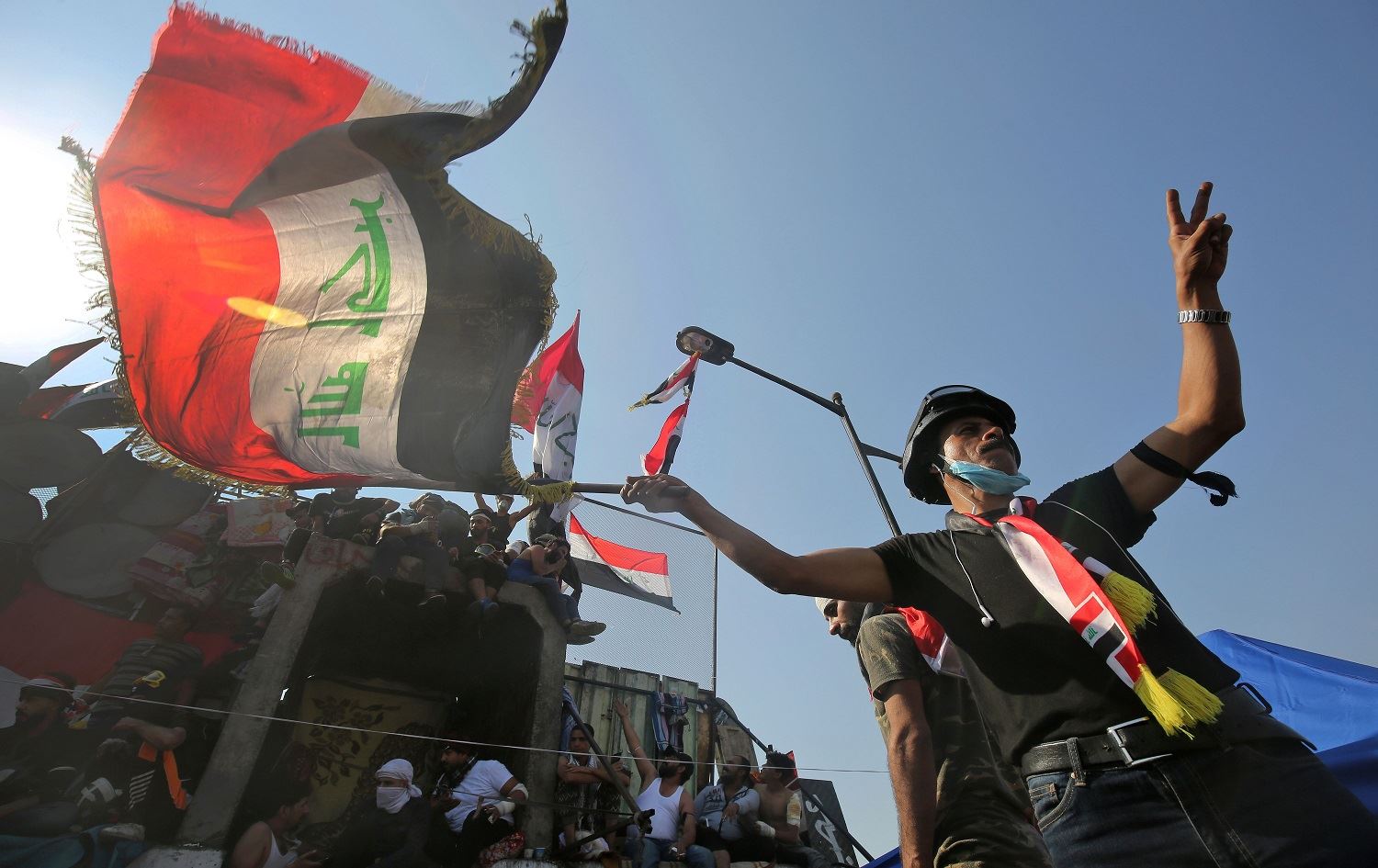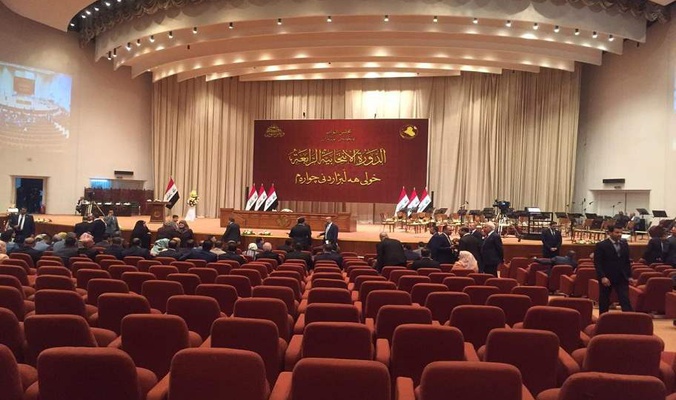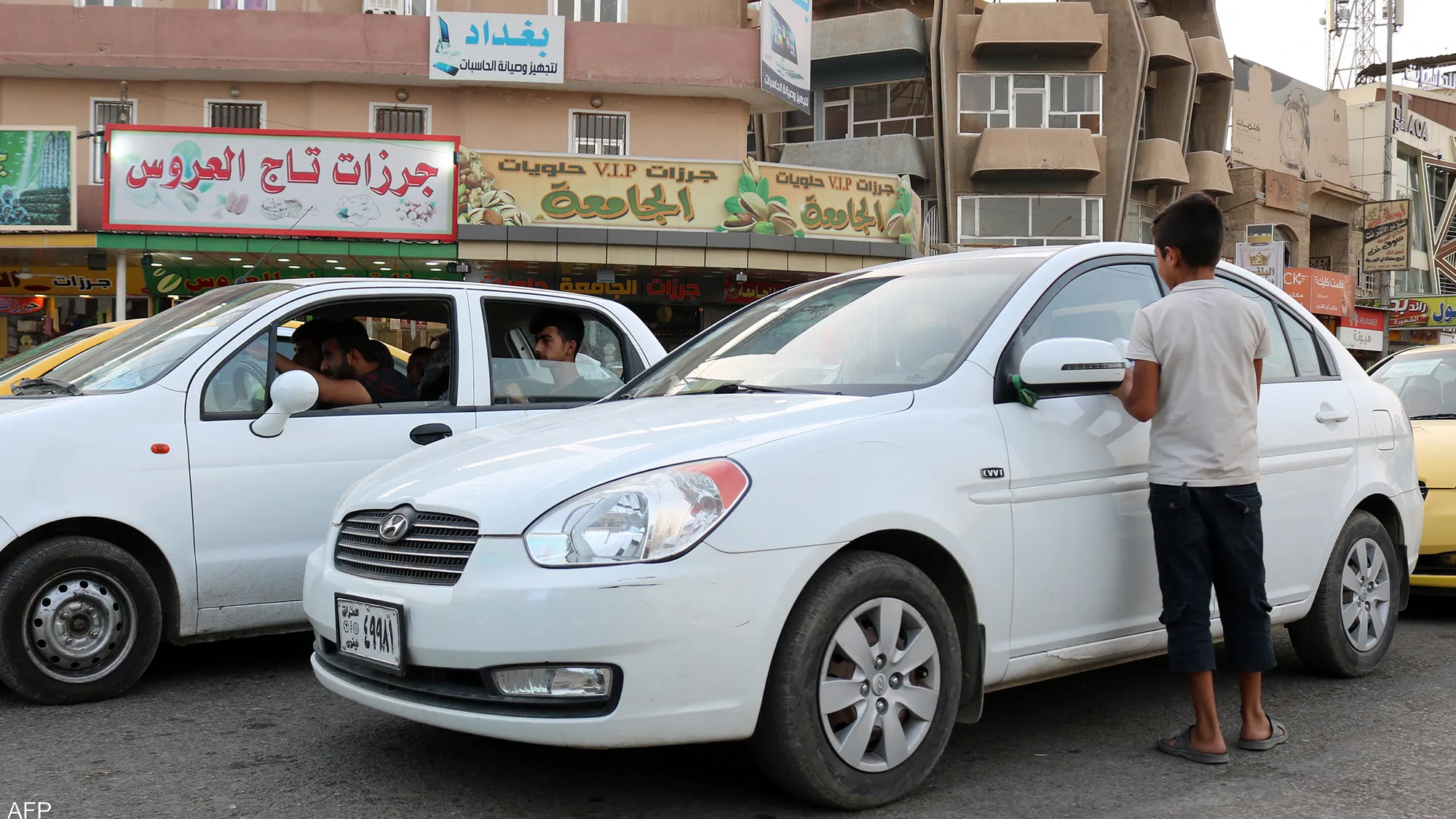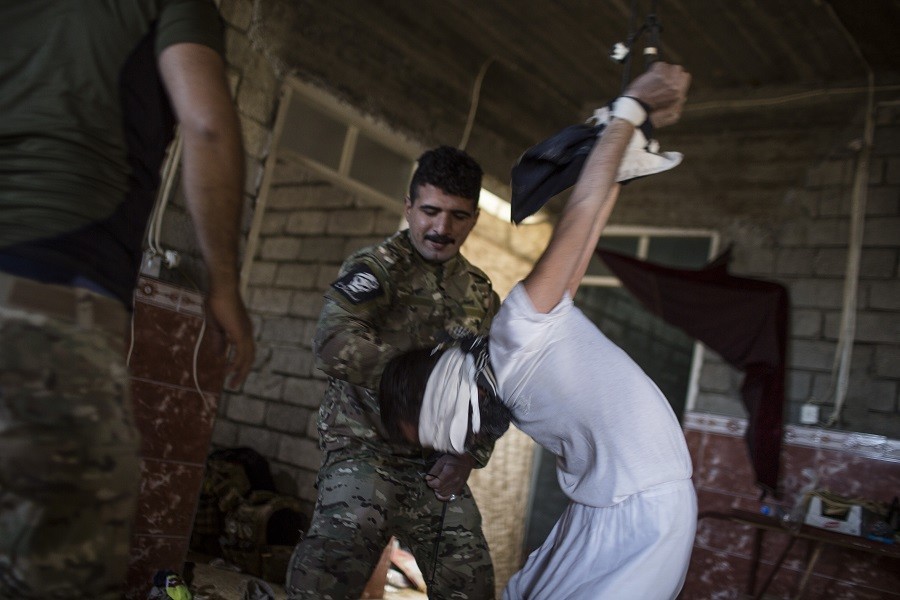16-04-2022, 22:09
This is the US State Department's report on the state of human rights in Iraq for 2021. In this report, the US State Department referred to our organization (the Iraqi Observatory for Human Rights).
EXECUTIVE SUMMARY
Iraq is a constitutional parliamentary republic. The October 10 parliamentary elections were generally considered free and fair. The elections were observed by the European Union and domestic civil society organizations and monitored by the United Nations Assistance Mission for Iraq.
Domestic and international elections observers cited procedural and transparency improvements to the electoral process over the 2018 elections.
They noted, however, that violence and intimidation by paramilitary militia groups in the months ahead of the elections likely affected voters’ choice and voter turnout. The elections came because of widespread protests that began in October 2019 and led to the resignation of former prime minister Adil Abd al-Mahdi in December 2019. Parliament confirmed Prime Minister Mustafa al-Kadhimi in May 2020.
Numerous domestic security forces operate throughout the country. The Iraqi Security Forces are organized administratively within the Ministries of Interior and Defense, as well as within the quasi-ministerial Counterterrorism Service. The Ministry of Interior is responsible for domestic law enforcement and maintenance of order; it oversees the Federal Police, Provincial Police, Facilities Protection Service, Civil Defense, and Department of Border Enforcement. Energy police, under the Ministry of Oil, are responsible for protecting energy infrastructure.
Conventional military forces under the Ministry of Defense also carry out counterterrorism and internal security operations in conjunction with the Ministry of Interior. The Counterterrorism Service reports directly to the prime minister and oversees the Counterterrorism Command, an organization that includes three brigades of special operations forces. The National Security Service intelligence agency reports directly to the prime minister.
The country’s regular armed forces and domestic law enforcement bodies struggled to maintain order within the country, operating in parallel with the Popular Mobilization Committee, a state-sponsored umbrella military organization composed of approximately 60 militia groups, also known as Popular Mobilization Forces. Although the Popular Mobilization Forces are part of the Iraqi Security forces and receive funding from the government’s defense budget, their operations are often outside government control and in opposition to government policies. Most popular mobilization unit members are Shia Arabs, reflecting the demographics of the country, while Sunni Arab, Yezidi, Christian, and other minority groups tended to organize their own units, generally operating within or near their home regions. All popular mobilization units officially report to the chairman of the Popular Mobilization Committee and are under the ultimate authority of the prime minister, but several units were in practice also responsive to Iran and its Islamic Revolutionary Guard Corps.
The two main Kurdish political parties, the Kurdistan Democratic Party and the Patriotic Union of Kurdistan, each maintain an independent security apparatus. Under the federal constitution, the Kurdistan Regional Government has the right to maintain internal security forces, but the Patriotic Union of Kurdistan and the Kurdistan Democratic Party separately control additional Peshmerga military units, as well as separate police forces under nominal Kurdistan Regional Government Ministry of Interior control. The constitution also allows for a centralized, separate Asayish internal security service; however, the Kurdistan Democratic Party and Patriotic Union of Kurdistan also each maintain Asayish forces. The Kurdistan Democratic Party and the Patriotic Union of Kurdistan also maintain separate intelligence services, nominally organized under the Kurdistan Region Security Council.
Federal civilian authorities did not maintain effective control over some elements of the security forces, particularly certain Iran-aligned Popular Mobilization Force units and the Popular Mobilization Committee. Poorly defined administrative boundaries and disputed territories between the Iraqi Kurdistan Region and the central government led to confusion over the jurisdiction of security forces and the courts. Members of the security forces committed numerous documented abuses.
The country experienced large-scale protests in Baghdad and several Shia-majority provinces beginning in 2019 and lasting through mid-2020, with reports of more than 500 civilians killed and 20,000 or more injured. During the year sporadic protests continued amid a campaign of targeted violence against activists. The government took minimal steps to bring to justice those responsible for the violence.
Significant human rights issues included credible reports of: unlawful or arbitrary killings, including extrajudicial killings by the government; forced disappearances by the government; torture and cruel, inhuman, and degrading treatment or punishment by the government; harsh and life-threatening prison conditions; arbitrary arrest and detention; arbitrary or unlawful interference with privacy; punishment of family members for offenses allegedly committed by an individual; unlawful recruitment or use of child soldiers by the Popular Mobilization Forces; serious restrictions on free expression and media, including violence or threats of violence against journalists, unjustified arrests and prosecutions against journalists, censorship, and existence of criminal libel laws; serious restrictions on internet freedom; substantial interference with the freedom of peaceful assembly and freedom of association; restrictions on freedom of movement of women; forced returns of internally displaced persons to locations where they faced threats to their lives and freedom; threats of violence against internally displaced persons and returnee populations perceived to have been affiliated with ISIS; serious government corruption; lack of investigation and accountability for gender-based violence; crimes involving violence targeting members of ethnic minority groups; crimes involving violence or threats of violence targeting lesbian, gay, bisexual, transgender, queer, or intersex persons; significant restrictions on worker freedom of association; and the existence of the worst forms of child labor.
The government, including the Office of the Prime Minister, took some steps to identify, investigate, and prosecute, but rarely punished, those officials responsible for perpetrating or authorizing human rights abuses. Many senior government officials and security force personnel, including the Iraqi Security Forces, Federal Police, Popular Mobilization Forces, and certain units of Kurdistan Regional Government Asayish internal security services, operated with impunity. The government took some steps to identify, investigate, prosecute, and punish officials who were involved in corruption.
Despite a reduction in numbers, ISIS continued to commit serious abuses and atrocities, including killings through suicide bombings and improvised explosive devices. The government continued investigations and prosecutions of allegations of ISIS abuses and atrocities and, in some instances, noted the conviction of suspected ISIS members under the counterterrorism law.




